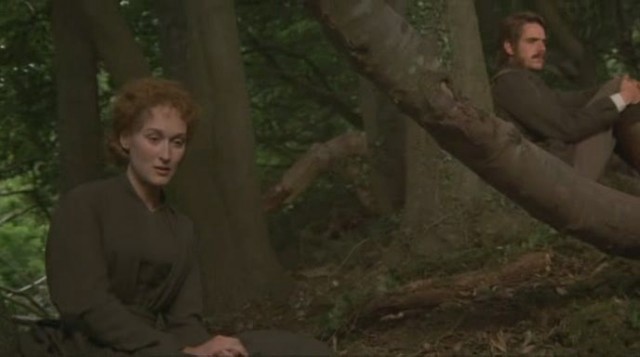Is Engagement A Passe Ritual With No Purpose?

Back in the day, betrothal had specific societal role to play in a man or woman’s life. It was a protected status, much like marriage.
“Engagements” in Bible times, like those in modern-day Western countries, were heterosexual relationships preliminary to marriage. Then, as now, the engagement period gave the bride time to prepare for her new role, to gather personal belongings, to adjust relationships with parents, siblings, and friends, and in some cases to become better acquainted with her fiancé. The groom used the engagement period for similar matters, including completing the house in which he would raise his family.
Arranged marriages were common in Bible times, and it was possible that the bride and groom might not even know each other until they met at the wedding ceremony. If the parents arranged the marriage while the bride, the groom, or both were too young for marriage, a much longer betrothal would ensue.
The word itself comes from the root “troth,” meaning trust. “Fiancé,” derived from Old French and Latin, means trust too. Engagement has always been an exchange of trusts. Saying yes to an engagement doesn’t simply mean a person is agreeing to marriage; it has meant, for much of history, that one party agrees to join his/her reputation — as well as, eventually, his/her property — with that of a virtual stranger. The individuals had to trust each other. So did the families.
Hence the exchange of valuables, which functioned as collateral.
In modern Western culture, there is a clear distinction between betrothal/engagement and marriage. In the cultures of Bible times, the distinction was much less definitive. Betrothal in most eras of Bible history involved two families in a formal contract, and that contract was as binding as marriage itself. Betrothal then was more of a business transaction between two families than a personal, romantic choice. Dowry or bride priceagreements were included, so that a broken engagement required repayment of the dowry. After betrothal, all that remained were three matters: the wedding celebration, the bride’s move into the groom’s house, and the consummation of the marriage.
Even that last part, the consummation part, was a bit fuzzy. Since betrothal was taken so seriously, engaged women often felt safe sleeping with their husbands-to-be. It was a common enough occurrence that jilted women were often considered damaged goods; that’s one of the reasons they got to keep the ring, as compensation. They were also entitled to sue for more, which a sympathetic judge might well award them if he thought they had been shabbily treated. (For a chilling rendering of all this drama in po-mo novel form, check out John Fowles’ The French Lieutenant’s Woman.)
But! We’re not in Biblical times or the Victorian age anymore. Marriage doesn’t mean what it used to and neither does engagement. So, asks Billfold pal and scholar Khadijah White, does contemporary betrothal still make sense?
What is the point of getting engaged anymore? You don’t need an engagement to send out wedding invitations, right? And most folks know that they’re going to get married soon (and have been dropping hints and arguing about it long before the “proposal”). Wedding venues can be booked without proof of engagement, and the deposit alone should be enough to demonstrate commitment.
Is it for the bachelor/bachelorette party? The engagement party? Or just the months of people congratulating you on your engagement before many more months of people congratulating you on your wedding? Is it for the validation? Or, worse, to simply brag? …
perhaps it’s time to let this tradition go. Think of all the ways you can free your friends and family. No fumbling, phony proposal you already know is coming. No expensive engagement party. No blood diamonds. No ring you already picked out yourself and pretending to be surprised. No endless proposal stories.
It would, it’s true, be cheaper to skip some of the endless engagement preliminaries: the parties and showers, the often fraught buying and giving of the ring. It might be more practical to dispense with the formalities and, as two adults, agree to plan a wedding and/or a life together.
Personally, though, I liked getting engaged. Even though my boyfriend and I already lived together when he proposed, agreeing to get married in a formal way was a vital preliminary step for us, a way to signal our seriousness to each other and the world and to start asking some hard questions of ourselves. Though we didn’t do showers and parties or an expensive ring thing, we continued growing up together in those 15 months between proposal and wedding; and being engaged was a more profound experience than I would have ever expected.
I wouldn’t dispose of engagement as a relationship stage altogether. I know too many folks for whom betrothal has been helpful: either to bring them together in a new way or to uncover fundamental differences over which the couple agreed it was wisest to part. But everyone’s needs and desires are different. The conversation is certainly one worth having, and I’m glad so many people are reshaping marriage / life-partnership to fit our brave new world.
This story is part of our Wedding Month series.
Support The Billfold
The Billfold continues to exist thanks to support from our readers. Help us continue to do our work by making a monthly pledge on Patreon or a one-time-only contribution through PayPal.
Comments